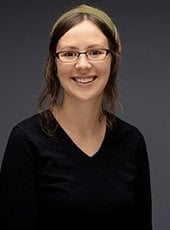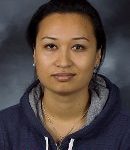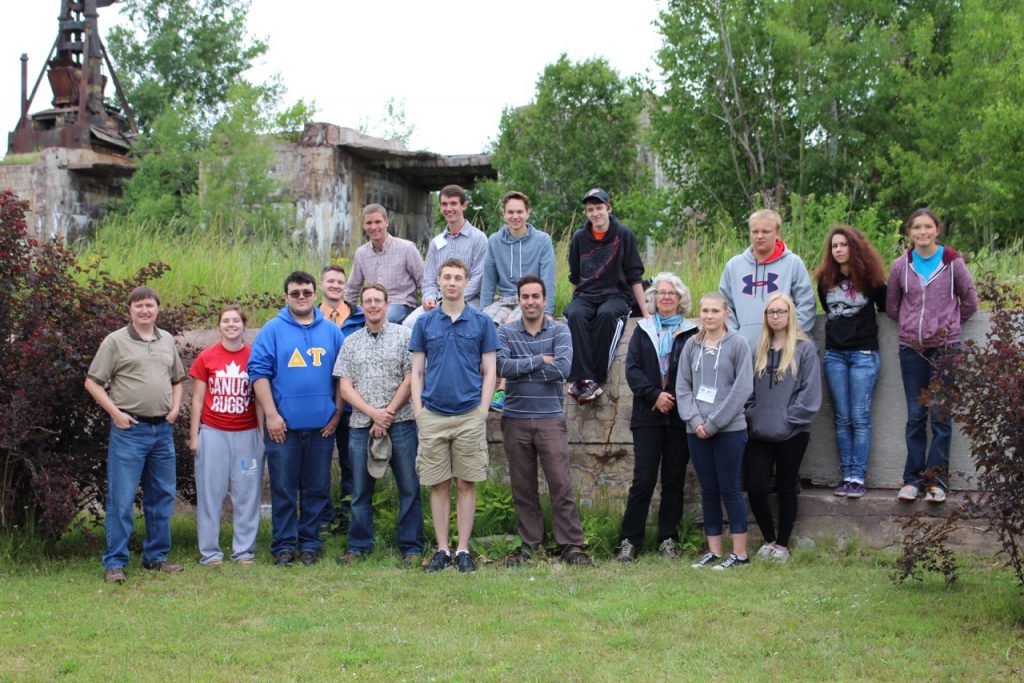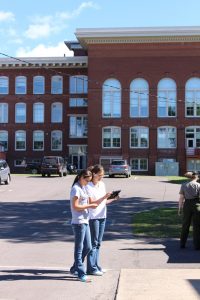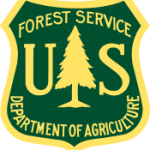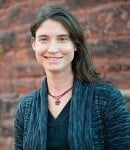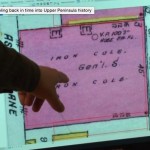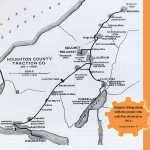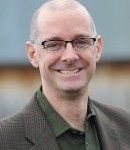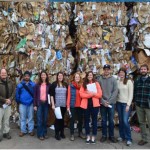Energy Conservation PhD Research Assistantships at Michigan Technological University – Drs. Chelsea Schelly and Kathleen Halvorsen seek motivated applicants for two fully funded three-year research assistantship positions available for students pursuing a PhD in Environmental and Energy Policy at Michigan Technological University (MTU).
Students will be involved in a National Science Foundation Innovations at the Nexus of Food, Energy, and Water (NSF INFEWS) funded interdisciplinary research project. The project focuses on understanding and seeking ways to reduce greenhouse gas emissions through conservation of household-scale food, energy, and water. FEW PhD Position Description-1
